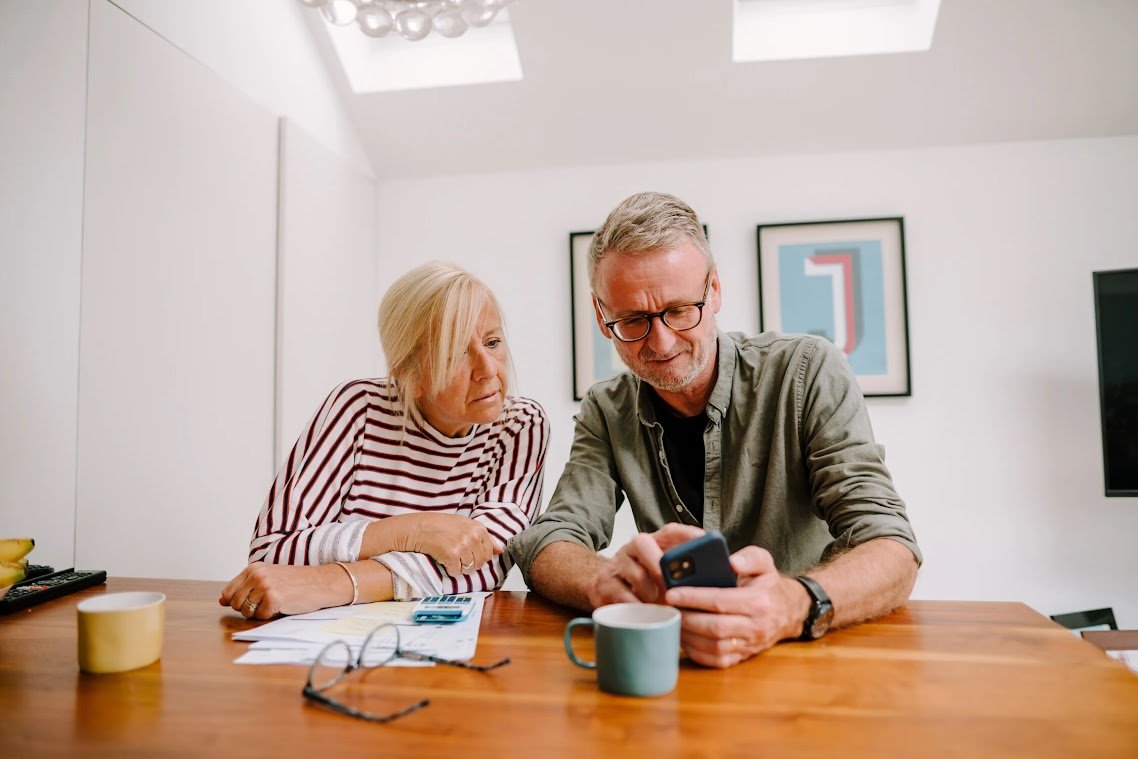How to create and register an LPA in the UK
It’s a really good idea to obtain Lasting Power of Attorney (LPA) while the person with dementia still has capacity. Having a Property & Financial LPA means you can make decisions on matters such as selling a loved one’s property, investing money on their behalf and paying their bills. You can apply for LPA on your own, or the person with dementia can have more than one person acting on their behalf.
Below is a step-by-step guide on how to create and register an LPA in the UK.
A step-by-step guide to applying for Lasting Power of Attorney (LPA)
-
While the person with dementia still has capacity, it is important to speak with them about who they want to act as their attorney. An attorney can be a family member, friend or professional, such as a solicitor, and more than one attorney can be appointed. It is important the person with dementia trusts their attorney as they will be responsible for making important financial decisions on their behalf.
-
There are two types of LPA: one for health and welfare, and one for property and finance. A property and finance LPA allows the attorney to make decisions about property and finances, such as buying and selling property, paying bills and managing investments.
-
You will now need to complete the relevant LPA form. This can be obtained from the Office of the Public Guardian (OPG) website. The form requires information about the person with dementia, the attorney, and any specific preferences or instructions for the attorney.
-
The form requires two witnesses who must sign the form to confirm that the person with dementia and attorney understand the nature and scope of the LPA and are not being coerced into making it. The witnesses must be over 18 and cannot be the attorney or a family member of the attorney.
-
Once the form is completed and signed by all parties, it must be registered with the OPG. There is a registration fee of £82, which can be waived if you are on certain means-tested benefits. The registration process can take up to 10 weeks, so it is important to plan ahead and ensure that the LPA is registered in good time.
-
Once the LPA is registered, it is important to keep it safe and accessible. The person with dementia should have the original, and the attorney should keep a copy. It may also be worth providing copies to relevant organisations, such as banks and utility companies, to ensure that you can easily manage your loved one’s finances when necessary.

